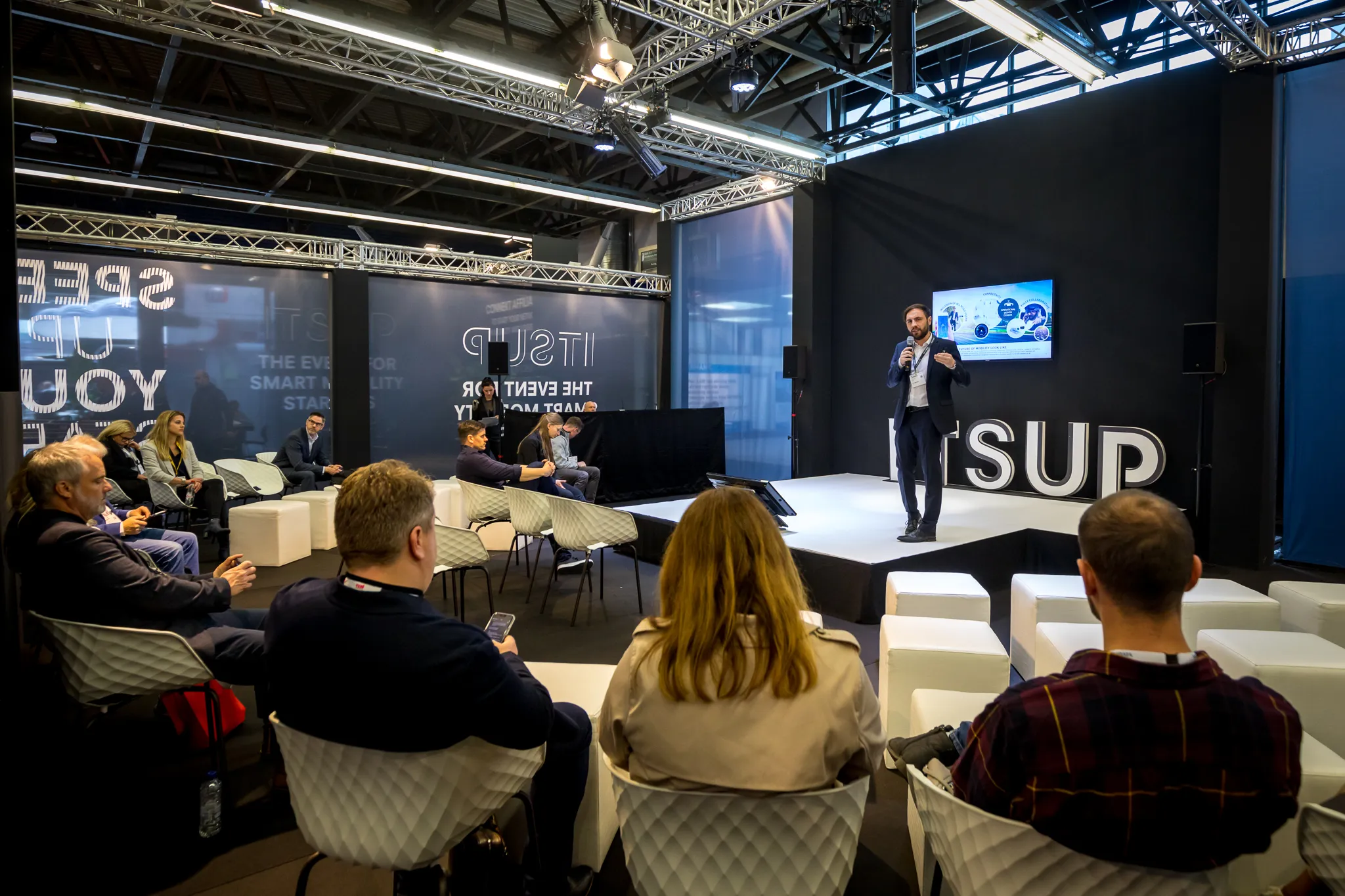O2 and
O2 says Project Darwin will seek to test new technology and solutions involving 5G and satellite communications over the next four years.
Catherine Mealing-Jones, director of growth at the UK Space Agency, says: “AVs need robust, high-speed mobile data connections to operate effectively. Building the technology to link them to telecoms satellites will allow you to take your car wherever you want to go, and not just to areas with a strong mobile signal.”
Derek McManus, chief operating officer at O2, says the research will aid the creation of “new transport ecosystems for the UK public and the companies that will offer these services”.
“Our approach to this project is part of our wider strategy to collaborate with British businesses, partners and start-ups to unlock the possibilities of 5G for customers and wider UK economy,” he adds.
Based in the Harwell Science and Innovation Campus in Oxfordshire, the project will bring together Oxford and Glasgow Universities, Spanish satellite operator Hispasat, start-ups specialised in self-driving mobility solutions and Darwin Innovation Group Oxford – a company specialising in connecting terrestrial and satellite communications.
From July, the project will explore connected vehicle and vehicle-SIM platforms as well as artificial intelligence neural network integration. The project is expected to showcase the first ‘proof of concepts’ in 2020.
O2 and European Space Agency explore C/AV solutions
O2 and the European Space Agency are working together to support a project aimed at developing connectivity solutions for connected and autonomous vehicles (C/AVs) in the UK.
O2 says Project Darwin will seek to test new technology and solutions involving 5G and satellite communications over the next four years.
Catherine Mealing-Jones, director of growth at the UK Space Agency, says: “AVs need robust, high-speed mobile data connections to operate effectively. Building the technology to link them to tele
June 28, 2019
Read time: 2 mins









